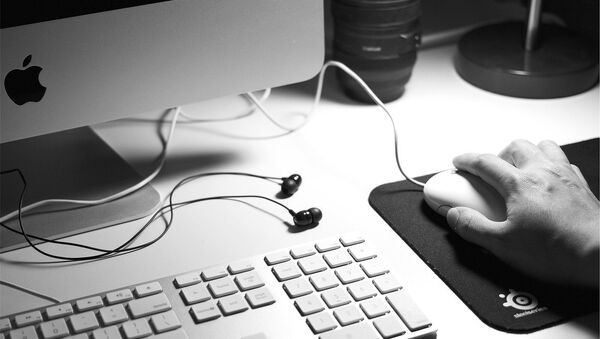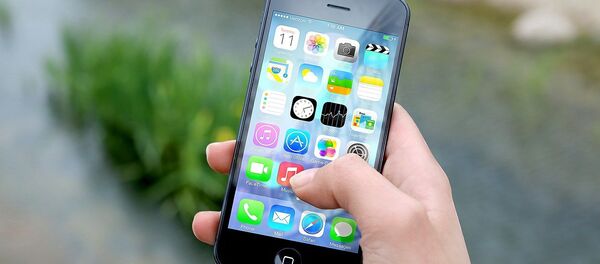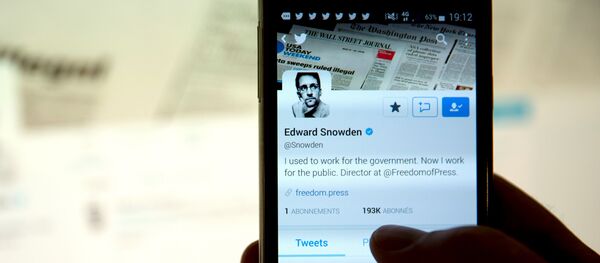"We are in a conundrum because, if either side of this argument prevails, the bad guys gain advantages we do not appear to know how to mitigate," David Fidler, cybersecurity expert and Professor of law at Indiana University told Sputnik.
As the battle between Silicon Valley and Washington DC wages on over a warrant to unlock the San Bernardino shooter's iPhone, the US government has accused Apple of declaring itself "the primary guardians of American's privacy," said Justice Department lawyers.
UN High Commiss for Human Rights on Apple/FBI: "authorities risk unlocking a Pandora’s Box" https://t.co/M9a4G3CMl4 pic.twitter.com/kLDrel3KG0
— PrivacyInternational (@privacyint) 4 March 2016
However, "allowing law enforcement to breach such encryption […] unravels a technological bulwark protecting privacy and cybersecurity, leaving criminals, terrorists, and spies to exploit our growing cyber vulnerabilities," said Professor Fidler, who predicts governments around the world will be watching the Apple versus FBI case intently.
"The issues at stake are alive and controversial in many countries, including fellow democracies in Europe. Law enforcement and national security officials in the UK, France, and other countries have expressed, in strong terms, their concerns about the proliferation of stronger encryption in digital communications," Professor Filder told Sputnik.
Undermining the Gov't?
Apple has repeatedly said that it does not possess the required technology and would have to develop new software capable of breaking its own encryption software.
But US Justice Department lawyers claim Apple has made a "deliberate marketing decision to engineer its products, so the government cannot search them, even with a warrant."
Apple's CEO Tim Cook argues that "once created, the technique could be used over and over again, on any number of devices…
"The [US] government is asking Apple to hack our own users and undermine decades of security advancement."
Privacy International and @hrw argue that Apple is right to refuse the FBI's demands to weaken iPhone security https://t.co/yEqBeUaMSR
— Free Snowden (@couragesnowden) 7 March 2016
US Justice System lawyers claim that: "Apple's rhetoric is not only false… but also corrosive of the very institutions that are best able to safeguard our liberty and our rights: the courts, the fourth amendment, longstanding precedent and venerable laws, and the democratically elected branches of government."
Apple's legal team have responded, accusing federal prosecutors of being "offensive."
"I can only conclude that the Department of Justice is so desperate at this point they've thrown decorum to the winds," Bruce Sewell said.
Domino Effect
Never mind "decorum" — the outcome of the Apple — FBI "conundrum" will have repercussions around the world, Professor Fidler told Sputnik.
"The fundamental issues the Apple case involves arise in other jurisdictions, but the differences in laws and policies across countries might produce inconsistent outcomes that upset business models and fragment how governments approach law enforcement access to communications and encryption's role in improving cybersecurity and protecting privacy," he said.
"With every type of crime now involving a digital footprint, law enforcement officials around the world are very worried that stronger forms of encryption will disrupt their abilities to fulfill the responsibilities they have to protect people from crime, terrorism, and espionage.
The French government has voted to press ahead with plans to punish big tech companies, who don't allow it access to encrypted data. Meanwhile, the British government is hoping to pass a new surveillance bill allowing the government access to swathes of communications data.
Both France and Britain will be watching the Apple-FBI "conundrum" closely.




